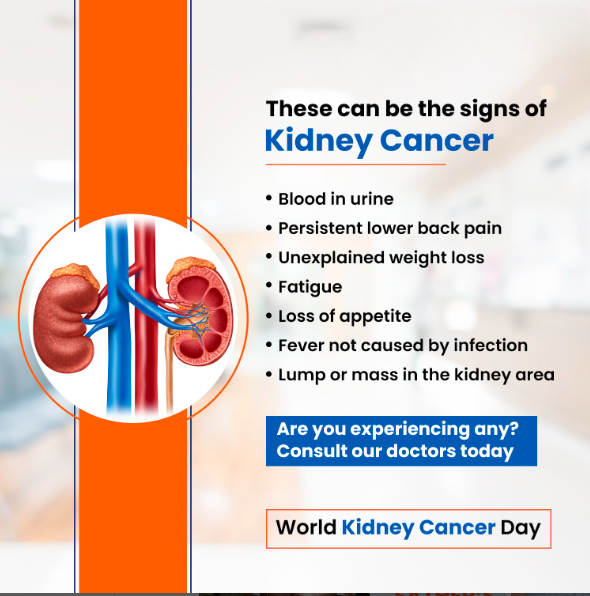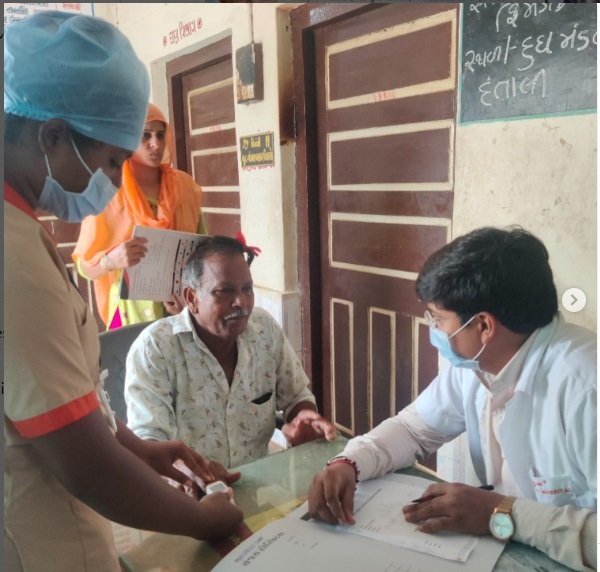
Nowadays, users are engaged in social media for healthcare information. This trend presents a unique opportunity for healthcare brands to build trust, educate patients, and ultimately improve health outcomes through strategic healthcare social media marketing.
Social media has changed the way that healthcare brands communicate, educate and interact with their patients. This revolutionary influence has modified the healthcare environment and brought about unique opportunities for patient participation as well as brand expansion.
Thus, here is a guide of social media marketing approaches which will be most effective for healthcare brands so that professionals can make good use of these platforms. For social media experts in healthcare, it is necessary to employ these strategies in order to remain competitive, gain the trust of their patients and thus build a solid brand reputation in an industry that is highly regulated.
Strategies of Social Media Marketing for Healthcare Brands
Informative Articles and Blogs
Your own position as an authoritative source of information becomes stronger when you create in-depth articles on health topics; this helps build trust with your audience. Patients need informative posts focusing on tips on how to encourage preventive care, chronic disease management, mental health awareness or wellness in general.
Share blogs on various social media platforms like LinkedIn, and Facebook. You can Answer health related queries through platforms like Quora.
You can create a youtube channel and upload videos that share health related queries. Video content gets more engagement.
Content Examples:
- Create informative blog posts on common childhood illnesses for young parents.
- Develop guides on managing chronic conditions like diabetes for senior audiences.
Visual Content

Most healthcare related information is hard to understand. You can simplify complex medical information into infographics and videos that cater to large audiences. Use self-explanatory images coupled with short messages and reliable data sources in your social media posts. This helps understand complex medical terms.
Share Success Stories
Brand humanisation occurs when patient journeys are told and recovery stories are shared with your audience. Always get written consent from the patients. Ensure that the stories are real, and discuss the positive side of what the organisation does.
Video Testimonials
Videos offer a sense of realism that text can’t match. This can greatly boost trust, which is crucial for your hospital brand’s credibility. Keep your videos short and engaging. Tell your story clearly and focus on personal experiences. Make sure to use high-quality production for a professional look. This approach will help your audience connect with your message and trust your brand.
Create Live Q&A Sessions
Participants can interact in real time with healthcare professionals answering questions that patients may have or addressing their concerns effectively. Promote sessions ahead of time; choose topics that will be interesting to the target audience; ensure experts are well-prepared to answer a wide range of questions.
Use social listening to identify trending health topics and patient concerns to inform the themes of your live Q&A sessions.
Content Marketing Strategy
- Create your content to the specific platform. For example, use infographics and short videos on Instagram and Facebook, while offering more in-depth articles and live Q&A sessions on LinkedIn.
- Post consistently to stay top-of-mind with your audience. Create a content calendar to plan and schedule your posts in advance.
- Use relevant hashtags to increase rich of your content. Research trending hashtags in the healthcare industry and use them strategically in your posts.
Create Polls and Quizzes

Interactive content like polls and quizzes can increase engagement and provide valuable insights into patient preferences and concerns. Make it simple, relevant, and informative with just enough information required by the target audience: great results mean good future results.
Use these results to plan future content to your audience’s interests and address any knowledge gaps identified.
partner with health influencers
If you partner with health influencers who are well known, your message can be amplified and reach more people. Search for influencers in healthcare who have a real following, reputable backgrounds and whose values resonate with your brand.
Professional endorsements
Your brand’s credibility can be boosted by partnering with respected health practitioners. Have endorsements from doctors and specialists or medical institutions that will make the content and services you offer valid.
Create Sponsored Posts
Sponsored posts can help you to appeal to a bigger, targeted crowd hence increasing brand recognition. Make sure that you use high-quality images, highlight clear messages and include a strong call to action to evoke commitment based on reliable sources.
Community Management
- Respond to comments and messages promptly in a professional and kindly manner. This shows that you care your patients.
- Make two-way communication by asking questions and responding to comments.
- Monitor social media conversations for mentions of your brand and relevant health topics. This allows you to participate in discussions and address any questions.
Compliance
- Be mindful of HIPAA regulations when sharing patient information on social media. Always obtain written consent before sharing any personal details.
- Avoid making any false or misleading claims about treatments, products, or services.
- Disclose any affiliations with pharmaceutical companies or other healthcare organizations if applicable.
Focus on Geo-targeting campaigns
You can focus on specific areas while running geographical marketing campaigns thus ensuring they are relevant enough. Such geo-targeting is useful in promoting local health events, introducing new clinics or region-specific health alerts.
Write about Health Alerts

Keeping your followers informed about public health matters like disease outbreaks or treatment alternatives that arise over time shows them that you care as a brand. Use simple but precise language and refer only to trusted sources so that it is credible information which readers can act upon quickly.
Event Coverage

Covering an event live over the web as it unfolds, during a health-related event, webinar or conference could drive up engagement rates. Hashtag it, give room for real-time tweeting and engage with the audience on the ground.
Provide Accurate Content
Always provide accurate, truthful information to avoid misleading your audience. Focus on providing value and maintaining credibility rather than using sensational headlines to attract attention.
Monitor and Respond to Feedback
Address feedback and comments promptly and professionally to show you value patient input. Respond constructively to negative feedback to resolve issues and improve patient satisfaction.
Why choose Eminent digital for social media marketing for healthcare brands?
Eminent Digitals, your one-stop shop for proven digital marketing expertise, can help you develop a comprehensive social media strategy, create engaging content, manage your online presence, and measure your results. Our team of social media specialists understands the unique challenges of healthcare marketing and can help you create a strategy that aligns with your specific goals.
Contact Eminent Digitals today for a free consultation and learn how we can help you take your healthcare brand’s social media presence to the next level!
Conclusion
Recapping the 10 strategies discussed, it’s clear that their importance and impact on healthcare social media marketing is crucial. Healthcare social media professionals are encouraged to implement these strategies to enhance their social media presence and achieve better patient engagement.
As social media continues to evolve, ongoing adaptation and innovation are essential to stay ahead in the industry. By embracing these strategies, healthcare brands can foster deeper connections with their audiences, ultimately leading to improved patient trust and brand reputation.

